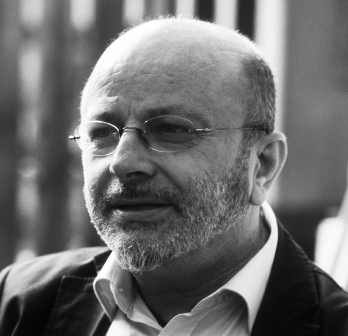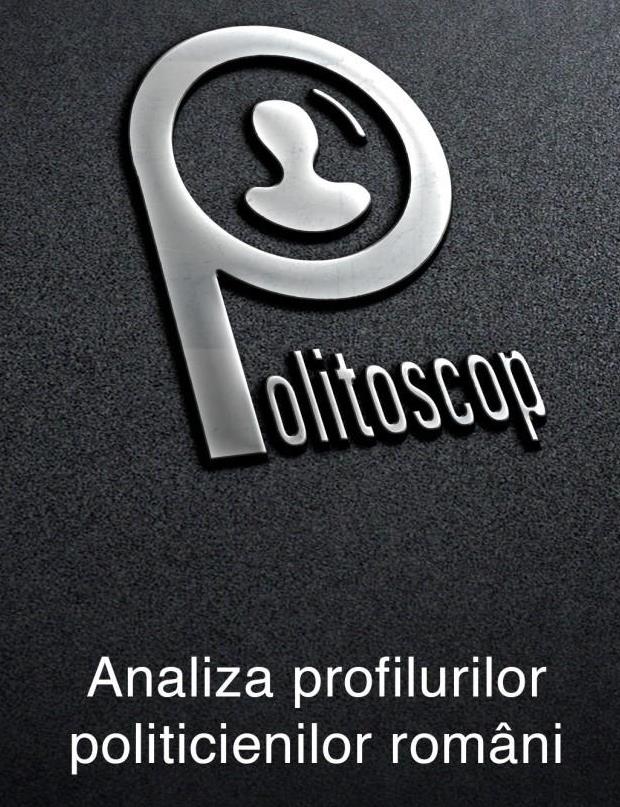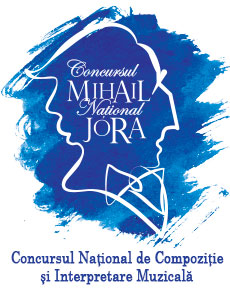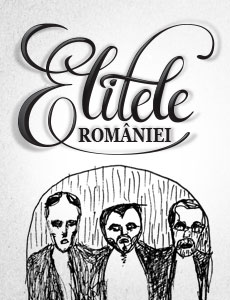Humanism and Utopianism
HISTORICAL AND CRITICAL PERSPECTIVES
International Conference under the Auspices of the Royal House of Romania
13-15 June 2014
The Royal Domain, Sinaia, Romania
As an ideal society built by human beings on the basis of virtue and their natural abilities rather than divine blessing and intervention, utopia has a close relationship with humanism with its secular tendencies and its emphasis on human dignity, an essentially good human nature, and human rationality. Also, both utopianism and humanism have tried to address, redress (sometimes with negative effects, mostly unintended) or tolerate, however partially and reluctantly, humanity’s fallibility, ‘crooked timber’, ambivalence, even inhumanity. Thomas More, the author of Utopia, was a prominent humanist of his time, and in the larger context of utopian thinking East and West, many issues can be explored by looking at the historical relationships between utopianism and humanism, and the polarity between the religious understanding of man and the refutation of the idea of the original sin or the dark side of human nature. Modern societies have seen an increasing secularization in all aspects of social life (as well as ever more radical tendencies of re-sacralization, of various reinventions of the ‘sacred canopy’), but are definitely not moving any closer to the utopian ideal of a good society. In contemporary social imaginaries, utopia has lost its appeal, together with any other positive vision of the future, while its reverse image (or negative double)—anti-utopia or dystopia—predominates, particularly in literary and artistic manifestations. Just like religion, spirituality, or any (past, present, and possibly future) metaphysics, liberalism, conservatism, or any other ideology, Marxism has a complicated relationship with utopianism, and so does the postmodern critique of modernity and rationality (one needs to move beyond postmodernism itself, as it is predicated on its own historicity). and on one of yesterday’s futures.
















